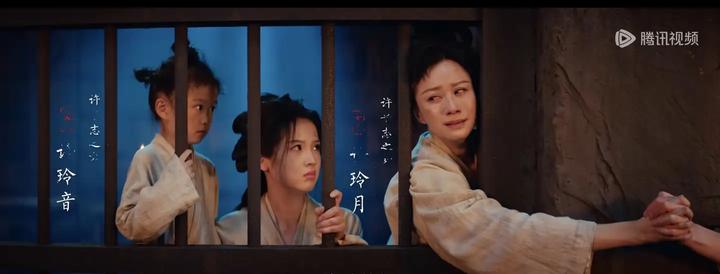The TV Drama 'Da Qi Da Geng Ren': A Controversial Adaptation
The Chinese TV drama ‘Da Qi Da Geng Ren’ starring Wang Herun and Tian Xiwei has received significant criticism for its departure from the original novel, with viewers particularly concerned about casting choices and comedic elements.

The recent adaptation of the popular Chinese web novel “Da Qi Da Geng Ren” has sparked intense debate among viewers and fans of the original work. The drama, which features Wang Herun and Tian Xiwei in leading roles, has faced substantial criticism for its creative direction and execution.
The adaptation’s most notable departure from its source material lies in its heightened focus on comedy. While humor can enhance storytelling, many viewers argue that the show’s comedic elements feel forced and detract from the original narrative’s depth. For instance, early scenes featuring basic actions like beer drinking are unnecessarily exaggerated for comic effect, contrasting sharply with similar scenes in other respected Chinese dramas where actors commit fully to their performances.
Casting choices have emerged as another significant point of contention. The portrayal of key characters, particularly the protagonist Xu Qi’an, has drawn criticism for diverging from their literary counterparts. The only performance receiving consistent praise is that of Qiu Xinzhi, whose scenes stand out for their quality amid otherwise controversial casting decisions.
The production quality has also raised eyebrows among viewers. Despite its positioning as a premium drama series, the show’s visual presentation and production values have been compared unfavorably to shorter-form content found on Chinese social media platforms. The dialogue delivery and overall production quality fall short of expectations for a major television adaptation of a popular novel.
The pacing presents another challenge. Within the first four episodes, the story progression feels disjointed, with meaningful plot development often taking a backseat to comedy sequences. This structural imbalance has frustrated viewers seeking the intricate storytelling that made the original novel successful.
Perhaps most tellingly, the drama’s handling of iconic scenes from the source material has disappointed fans. Key moments, including the adaptation of classical poetry elements and emotional confrontations, have been altered in ways that many argue diminish their original impact and significance.
The production team’s attempt to modernize the story while maintaining its period setting has resulted in a tonal inconsistency that many viewers find jarring. The show oscillates between serious dramatic moments and lighter comedic scenes without achieving the smooth transitions necessary for such shifts to work effectively.
Industry observers have noted that this adaptation represents a broader trend in Chinese television, where the challenge of successfully translating popular online literature to the screen continues to yield mixed results. The show’s reception raises questions about the balance between staying faithful to source material and creating accessible mainstream entertainment.